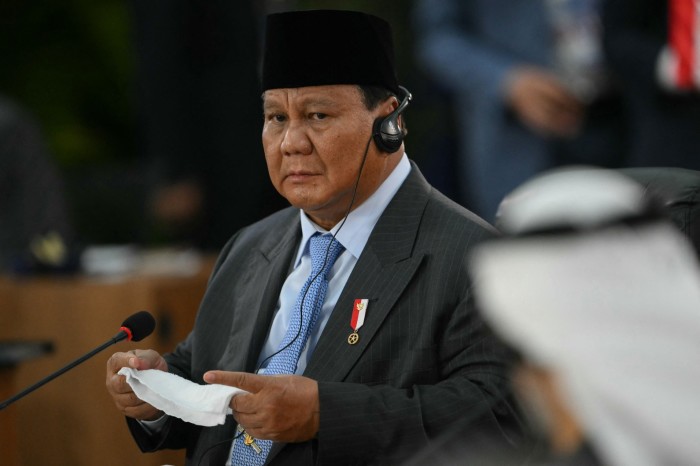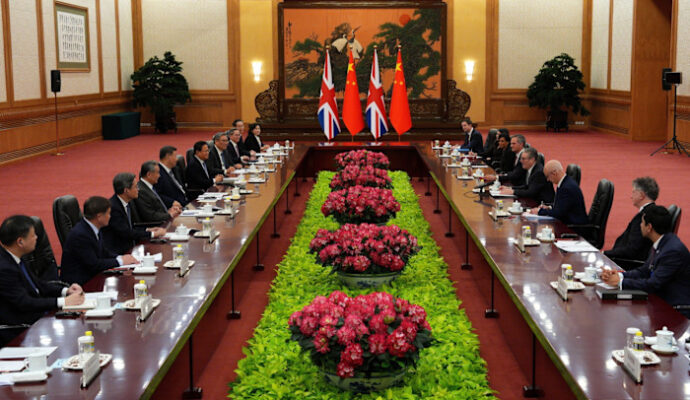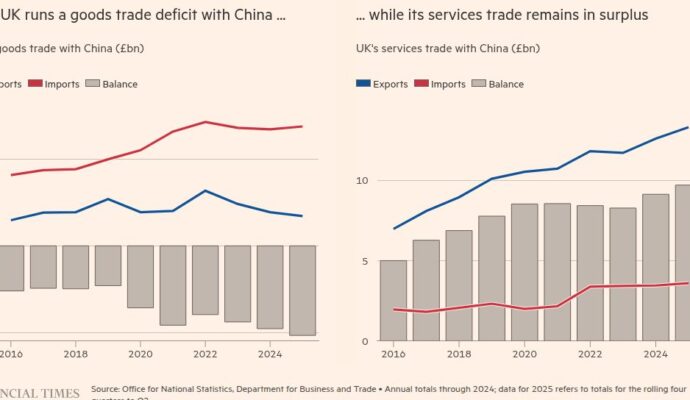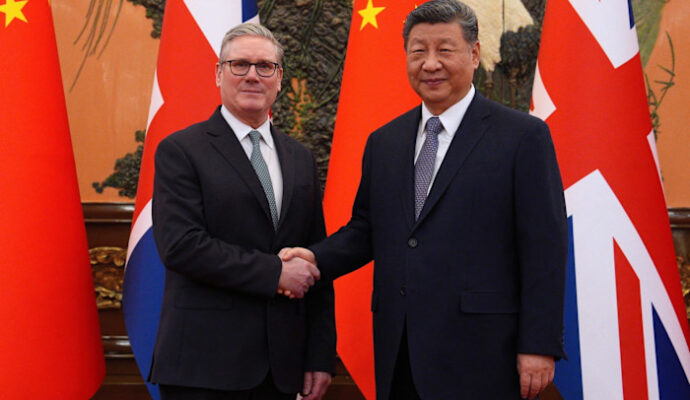Unlock the Editor’s Digest for free
Roula Khalaf, Editor of the FT, selects her favourite stories in this weekly newsletter.
Indonesia is resisting attempts by Donald Trump to force it to accept so-called “poison pill” and other coercive clauses in its “reciprocal tariff” trade deal with the US, a move that challenges American efforts to counter China’s influence in south-east Asia.
The rebuff to the US president’s bid to impose the clauses emerged during negotiations to finalise a preliminary trade deal agreed in July that slapped a 19 per cent “reciprocal tariff” on Jakarta.
Three people familiar with the negotiations said Indonesia had rejected the clauses — which the US successfully imposed on Malaysia and Cambodia in similar deals last month — on the grounds that they impinged excessively on the country’s freedom to act.
The US has sought to increase the use of so-called “poison pill” or “loyalty” clauses in trade deals with junior partners that threaten to end the agreements if they sign any rival pact deemed by the US to jeopardise essential US interests.
“We don’t agree [to the clauses] because it’s about economic sovereignty,” said one government official. One other Indonesian government insider said the US terms were rejected by Jakarta as too “one-sided”.
Regional analysts and trade experts said Indonesia’s pushback against Washington reflected both Jakarta’s relative economic heft and the need for south-east Asian economies to hedge their bets between the US and China.
“Indonesia has better cards than Malaysia. Its economy is three times larger,” said Simon Evenett, professor of geopolitics and strategy at IMD Business School in Lausanne, Switzerland.

Evenett added that while Jakarta was less dependent on the US market — with $28bn in goods exports in 2024 compared with Malaysia’s $53bn — it remained to be seen where the balance of power would ultimately settle. “It’s leverage. The question is whether it’s enough leverage?”
The Malaysia and Cambodia deals require the countries to align with US sanctions and other economic restrictions, refrain from imposing digital services taxes that discriminate against US companies and consult with Washington before entering a digital trade agreement with another country.
Indonesia, south-east Asia’s largest economy, is concerned that “we would lose our autonomy with other countries, and we would be bound by conditions imposed by the US”, according to another person familiar with the government’s thinking.
The pushback by Indonesia shows the difficulties for Washington in convincing its trading partners to limit China’s influence in global trade and supply chains, particularly in south-east Asia.
Beijing is the largest trading partner for most south-east Asian countries and one of the top foreign investors, especially in industries crucial to domestic economies. In resource-rich Indonesia, for instance, China is the largest investor in nickel — a crucial ingredient for the manufacture of stainless steel and batteries for electric vehicles.
In Malaysia, the US trade deal has triggered a huge controversy, with critics saying the country has compromised its sovereignty and long-standing neutrality on foreign policy by agreeing to American terms.
The office of Indonesia’s President Prabowo Subianto and the economic affairs ministry, which is leading talks with the US, did not respond to requests for comment.
Airlangga Hartarto, Indonesia’s co-ordinating minister for economic affairs, said earlier in November that negotiations on the trade deal were still ongoing and could be finalised this year.
A senior official at the Office of the US Trade Representative said Washington was seeking to increase bilateral trade while protecting supply chains. “Ultimately, every country has a sovereign right to decide whether and how it manages its economic security,” they added.


